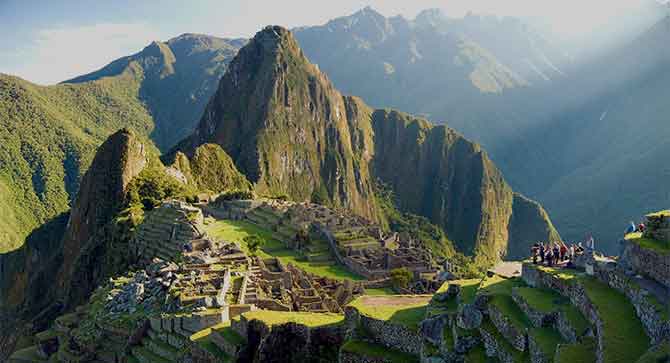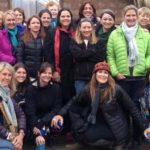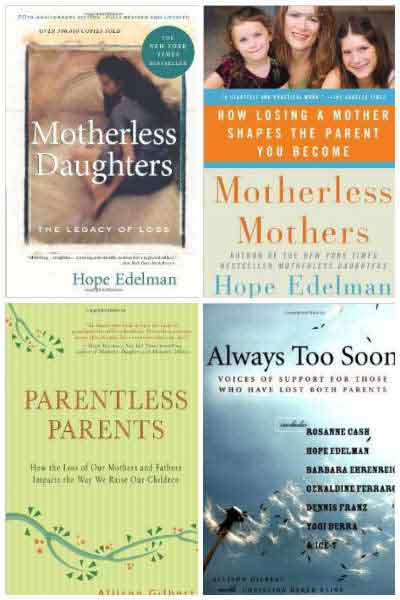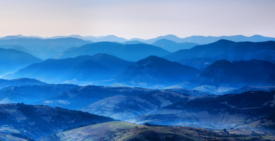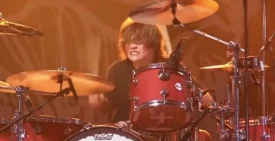Sixteen women who have lost their mothers — several of them have lost both parents — arrive this week in Cusco, Peru for a unique 11-day journey. They will travel alongside “Motherless Daughters” author Hope Edelman and “Parentless Parents” author Allison Gilbert, who together organized this first-of-its-kind trip, along with the non-profit organization Trekking for Kids. The participants will spend five days working at Peruvian orphanage, for which they have raised a total of more than $27,000; then they will take a multi-day trek that includes a visit to the ancient Incan city of Machu Picchu. And they’ll be plenty of talking, processing and healing rituals along the way. Before they set off, Edelman and Gilbert spoke about the trip’s mission with Modern Loss’ Gabrielle Birkner.
Related
How did the idea for this expedition come about?
Gilbert: I was writing an article for CNN.com in January 2013 about family volunteer vacations and included Trekking for Kids in the piece. The organization was new to me at the time and I was impressed by its mission — combining adventure travel with the ability to help the world’s most vulnerable children. I immediately thought working with Trekking for Kids would be an opportunity my readers would enjoy and approached Hope with the idea of planning a trip that would include her readers as well. 2014 marks the 20th anniversary of the publication of Hope’s groundbreaking book “Motherless Daughters.” Commemorating that event was important to me. I remember reading Hope’s book after my mother died. Her book helped me. In many ways, it healed me.
Whom is this trip for?
Edelman: Many of the participants are either founders or members of Motherless Daughters and Parentless Parents groups that have formed in response to my and Allison’s books. Some of these groups offer in-person support; others exist online in dynamic Facebook communities. The women going on this trek range in age from late 20s to late 60s and come from a wide variety of backgrounds. All have lost their mothers, most while young, and about half have also lost their fathers. They are coming from all over the U.S. (including California, Oregon, Washington state, Indiana, Louisiana, Arizona, New York); Canada (British Columbia and Alberta); Thailand; and Dubai. Most of these women have never met and will come together for the first time in Peru.
I understand that the trip is a hybrid — part trek, part service. Tell me about the itinerary.
Gilbert: Yes, it’s a great combo experience. After arriving in Cusco, we’ll spend several days doing service work at the orphanage. In addition to constructing the greenhouse and doing the extensive planting, we hope to have fun with the children — singing songs, playing music, and making friendship bracelets. We’re also working with [the orphanage] Ninos del Sol to plan a special field trip the kids will really enjoy. On our 5th day in Peru, we’ll set off on a challenging trek through the Sacred Valley — hiking through the villages of Cancha Cancha, Quisuarani, Concani, and Vilcabamba, including a visit to the Lares Hot Springs. We’ll eventually take a train to Aguas Calientes, known as the gateway to Machu Picchu. We’ll watch the sun rise over Machu Picchu and spend the day exploring the site. Our final full day in Peru will be spent back at the orphanage. The highlight of that time, for sure, will be a party we’ll throw for the children in celebration of our time together. I imagine it’ll be hard for all of us to say goodbye.
There are a lot of opportunities to take volunteer vacations. What do you think is the added value of doing this important work alongside others who have experienced loss?
Edelman: These are women who understand each other at a very deep, intuitive level because they have been shaped by similar life experiences. Just being in the presence of other women who understand their unique triumphs and fears — as occurred at the Motherless Daughters Conference in May, when 120 women gathered in Los Angeles for a day of workshops and speakers — can be transformational. We anticipate that combining this with service will be a powerful example of what’s known as “post-traumatic growth” for our trekkers. Post-traumatic growth enables individuals to take what they’ve learned from a traumatic experience and grow from it in positive ways. In this case, it will involve supporting and helping children who have lost their parents — and that is something we’re all very excited to do.
Will there be any workshops/facilitated conversations along the way to help participants process the strong emotions this journey might evoke?
Gilbert: Yes, Hope and I will be leading group conversations every other evening throughout the trip, and will be available at all times for informal discussions to help women process whatever they might be feeling. The other evenings will be for informal chats and camaraderie. We’re also incorporating a symbolic ritual for women similar to one used on the Camino de Santiago pilgrimage route in Spain — to carry a rock in our backpacks to symbolize the weight and burden of early mother/parent loss and to lay it down at the end of the journey to represent putting that burden to rest. We hope this will be both an emotional and uplifting experience for everyone.
Answers have been condensed for length and clarity.
Find Hope Edelman, the author of “Motherless Daughters,” “Motherless Mothers” and other books, online at hopeedelman.com; Allison Gilbert, the author of three books, including “Parentless Parents” and “Always Too Soon,” is online at allisongilbert.com.


